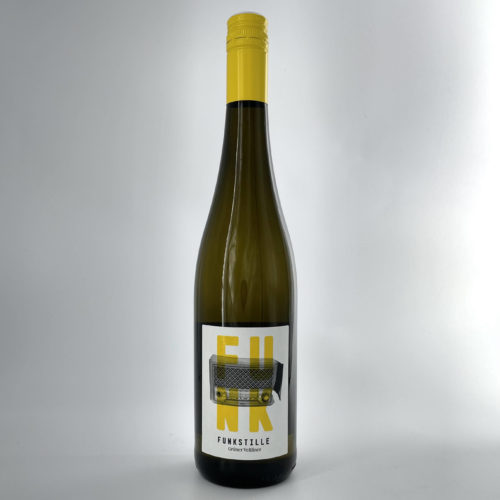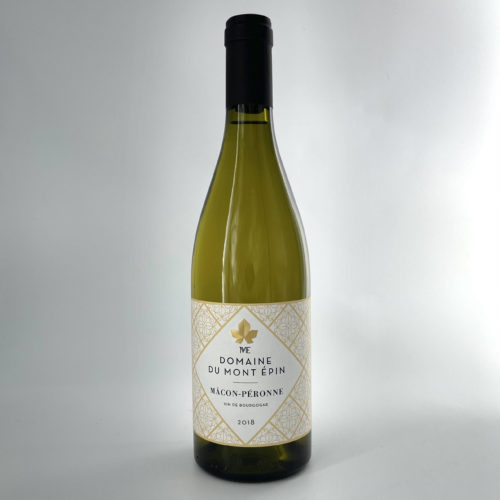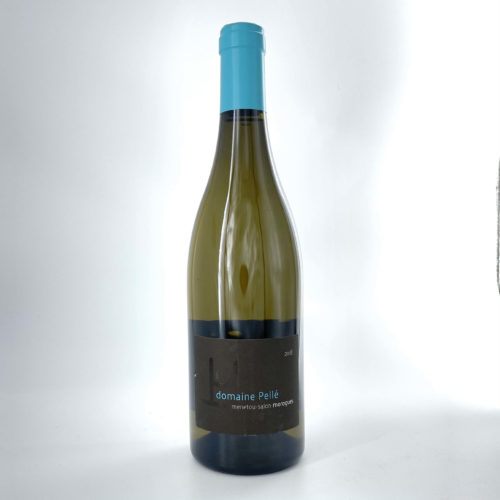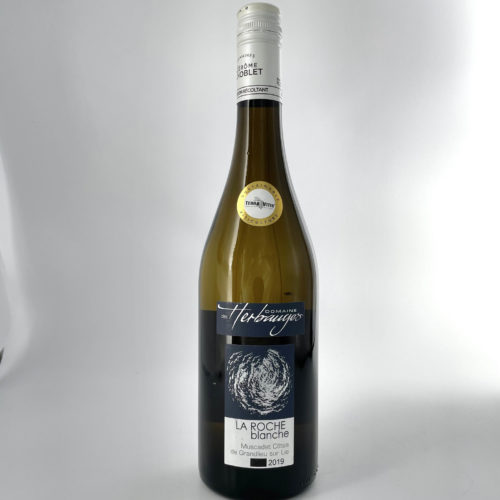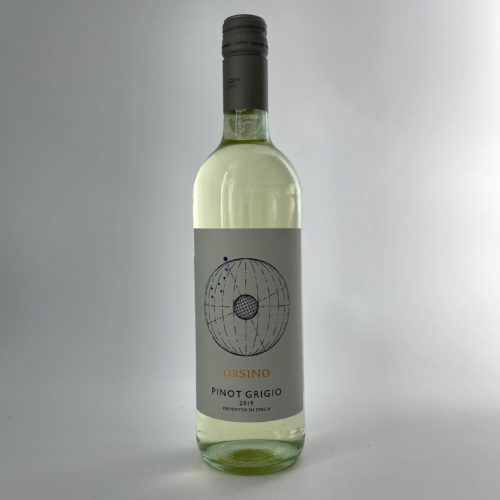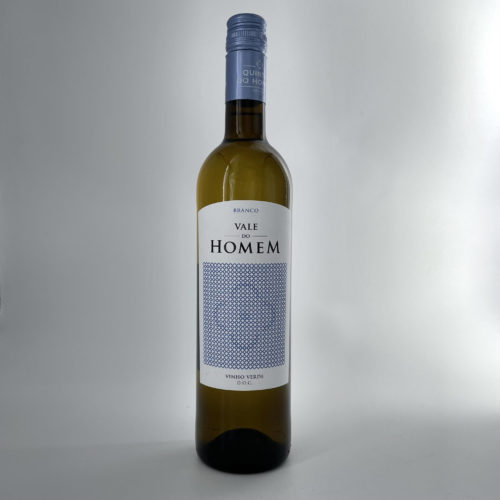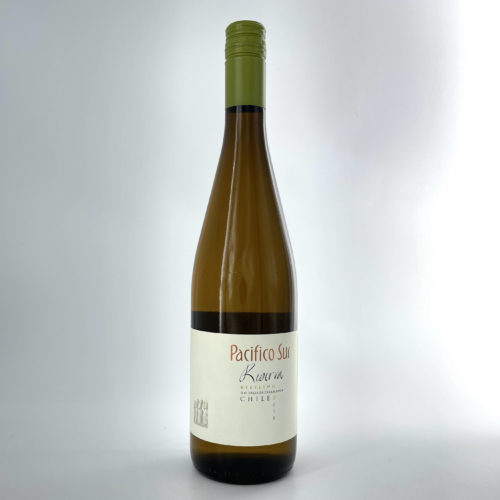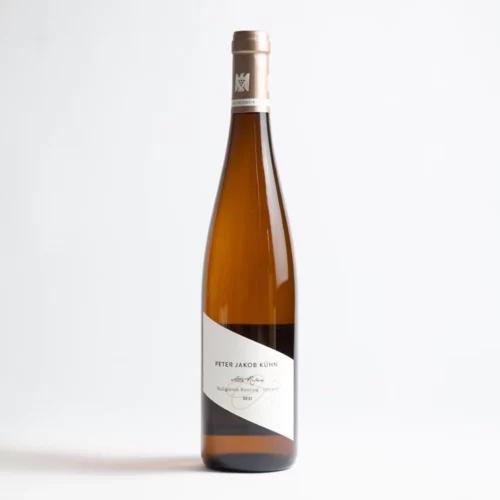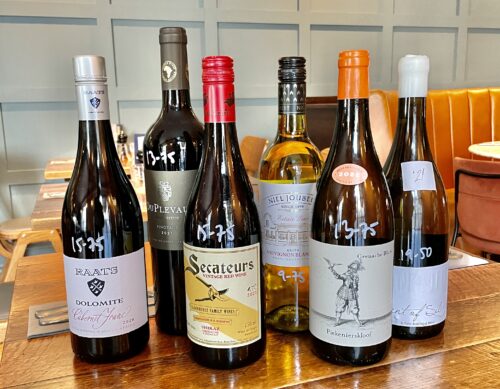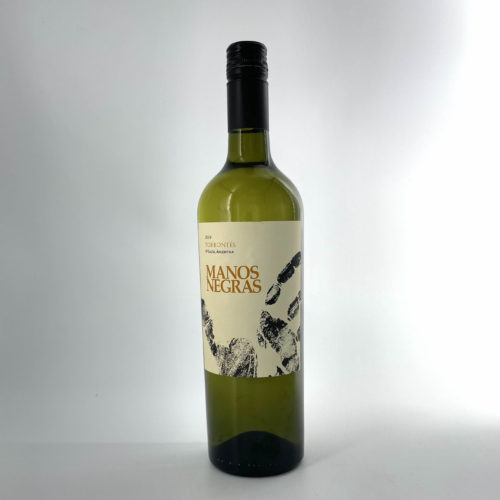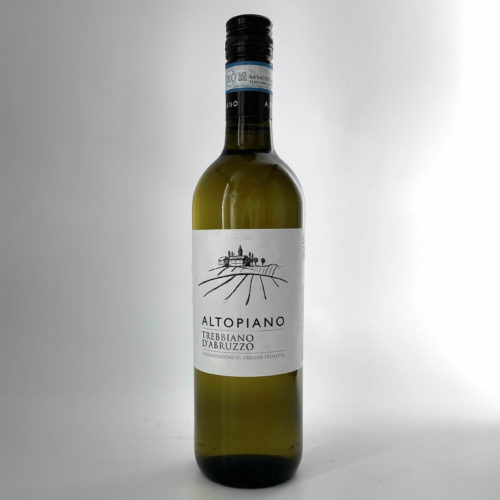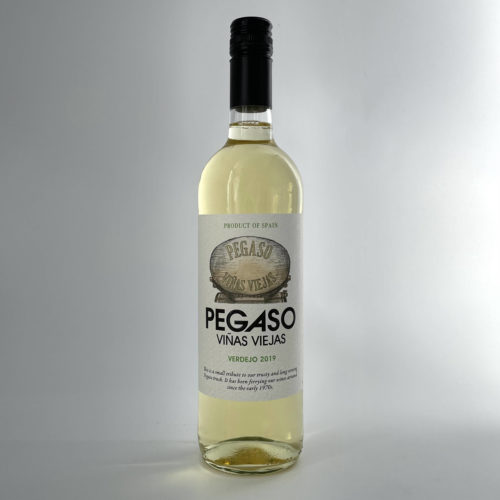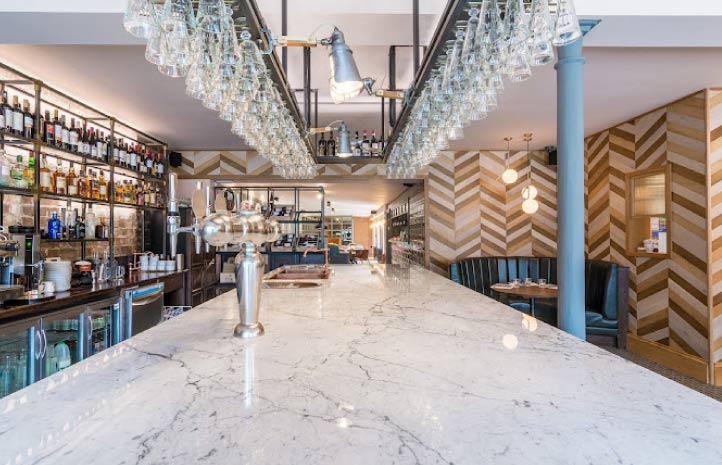Gruner Veltliner Funkstille, Austria
We all need a little ‘Funkstille’ (radio silence) in our life now and again.
Kick back and take a moment to enjoy the silence with a glass of Grüner Veltliner. With its subtle exotic hints, ripe pear and fresh citrus flavours, it’s a dry wine with complex flavours. The palate is rich with flavours of melon and grapefruit with a refreshing, zippy finish.
Macon Peronne, Domaine du Mont Epin, Burgundy, France
Richard and Stéphane Martin, the brothers behind Domaine de la Croix-Senaillet produce this wine. After freak weather patterns disrupted their harvest in 2015, they decided to take on two new vineyard sites in nearby Clessé. This allowed them to experiment with a different terroir, as well as expand their range with the incorporation of a number of new wines.
Mentou Salon Morogues, Domaine Pelle, Loire Valley, France
For a long time, Menetou Salon was viewed as the poor relation of nearby Sancerre. Producers such as Domaine Pellé have ensured that is no longer the case. Anne and Paul-Henry Pellé currently preside over the family estate, the 4th generation of the Pellé family to tend vines here. They farm in a truly sustainable manner and aim to communicate the unique expression of the Menetou Salon terroirs in each bottling. Their ‘Morogues white’ is a blend of 7 different parcels from the highest slopes of the appellation. This location ensures the vines, which are rooted in Kimmeridgian marl soils, are exposed to cool temperatures coupled with long sunshine hours
Muscadet sur Lie, Domaine des Herbauges, Cotes de Grandlieu, Loire valley, France
This family estate has been in production since 1864 and is now the largest single estate in the region.
The vineyards benefit from an exceptional microclimate; the warmth of the Atlantic brings spring early, while the huge Lac de Grandlieu acts like a giant storage heater through growing season. Fourth generation winemaker, Jérôme is committed to the sustainability of the vineyards as well as to the health of the vineyard workers he has even grassed over 100% of the vineyards to reduce the vigour of the vines and to soak up rain at harvest. Each terroir of Domaine des Herbauges expresses its own subtle nuances, and reveals specific particularities and characteristics of the AOC Muscadet Côtes de Grandlieu Sur Lie appellation.
Pinot Grigio Orsino, Veneto, Italy
Orsino Pinot Grigio is from the volcanic soils of Veneto. Meaning “little bear,” it depicts a constellation of stars that overlook and protect the vineyards by night.
The vineyards are located on the hillsides and planted on clay soil. Cultivated in the espallier system and pruned Guyot style. Grapes are harvested at dawn and late in the day to maintain fresh acidity. Clusters picked during the cooler hours remain intact and there is no risk of skin fermentation during transport.
Quintas do Homem, Vinho Verde, Portugal
Quintas do Homem is one of those estates that immediately captivates you with its charm, its passion and dynamism.
Nuno and his father, Antonio, work the vines of their two vineyards, Quinta do Veiga and Quinta do Paço, where they grow predominately Loureiro and Arinto. Ana, their long term winemaker, is a fierce taskmaster, demanding quality fruit that enables her to deliver the pure, fine and elegant Vinho Verdes that Nuno expects. It’s very much a family exercise with Nuno and his father working the vineyards, Nuno’s mother preparing delicious, traditional Portuguese dishes for visitors and Ana, an adopted family member, making sure the wines are always perfect.
Riesling Riserva Pacifico Sur, Valle de Casablanca, Chile
Tutunjian Estate have vineyards across the Central Valley region, with their oldest vineyards located in the prestigious Apalta region of the Colchagua Valley. Well known for their expertise with Malbec and Carmenere, they also work with many other traditional grapes, always choosing the best terroir for each.
Hallgarten Riesling Trocken, Peter Jacob Kuhn, Rheingau, Germany
It was no surprise Peter Jakob Kuhn had been voted German winemaker of the year for 2016 – his wines are some of the best examples of German produce we have tasted. The Kühn estate was founded in 1786 by Jacobus Kühn and has remained under the watchful eye of his family ever since. Now, along with his wife Angela, and their son Peter Bernhard (who, during his training completed a stage with our friends at Domaine Zind-Humbrecht), cultivates the family land biodynamically, producing a range of Rieslings which showcase the Rheingau terroir. A fervent believer in the ecological benefits of biodynamic farming, Peter is at present, the only producer to follow biodynamic principles in the Rheingau. His wines are made in a fearless manner, with as much as possible left to nature’s own course. His experimental cuvées include wines which have undergone extra-long lees ageing or been fermented and aged in amphora vessels. Peter is a producer we are delighted to introduce to you all and we firmly believe that his wines will become iconic in the very near future.
South African Mixed Case
A mixed case of 6 South African wines – 3 reds and 3 white
- Sauvignon Blanc ‘Enita’, Niel Joubert, Paarl
- Grenache Blanc, Piekenierskloof, Swartland
- Chenin Blanc ‘Moment of Silence’, Blankbottle, Wellington
- Pinotage, Du Plevaux, Stellenbosch
- Red Secateurs, Badenhorst, Swartland
- Cabernet Franc, Raats, Stellenbosch
Torrontes, Manos Negras, Salta, Argentina
Alejandro Sejanovich is arguably Argentina’s most knowledgeable viticulturist, working as vineyard director for Bodega Catena Zapata for 16 years, he pioneered high altitude vineyard planting and conducted ground breaking research on Mendoza Malbec clones.
Manos Negras focuses on latitude winemaking, planting Torrontes in the northern stretches of Cadayate in Salta, Pinot Noir in the southern-most region of Neuquen in Patagonia and cultivates 50 year old Malbec vines in the prized Altamira appellation in the Uco Valley.
Trebbiano Altopiano, Feudo Antico, Abruzzo, Italy
Feudo Antico was created on a small plot of land in the heart of Abruzzo. It is in Italy’s smallest DOP and the first designation of its kind in Abruzzo.
Starting from the 2013 vintage, all wines are Magis certified, the most advanced project for the sustainability of wine production in Italy. Currently their 15 hectares are cultivated using native varieties producing limited yields to ensure quality is retained. Clearly they highly value the land they work and this attitude is continued in the winery where the fruit and wine come into contact with no wood whatsoever, only concrete and glass. This guarantees the purity of the fruit, and its flavours, are conveyed from the vineyard direct to the glass.
Verdejo Pegaso Vinas Viejas, Bodegas Manzanos, Navarra, Spain
On the border between Rioja and Navarra, Victor Manzanos carries on the work of the four generations before him.
Adding in significant amounts of ambition and energy, Victor Manzanos is at the forefront of the new Rioja – championing a modern interpretation of its varieties through his wines. As a grower, Victor is keen to prove that Rioja Baja has its own distinct character and should not be judged as inferior to Rioja Alta or Alavesa – just different.

